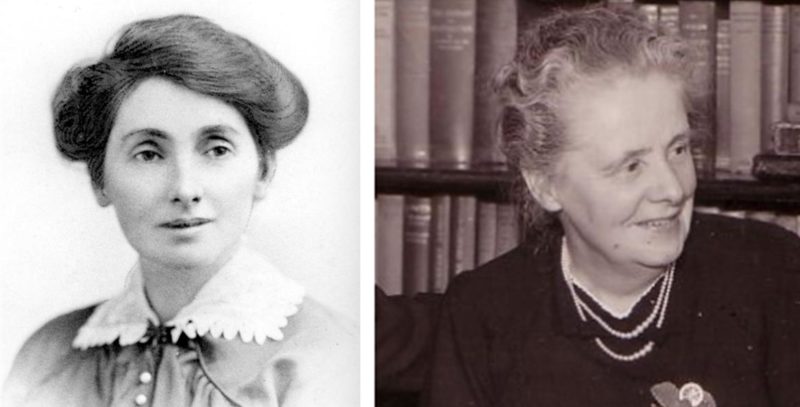Beth Winter MP

This International Women’s Day I would like to celebrate the strong history of feminism in the Cynon Valley, which is deeply intertwined with the Labour and Trade Union movement.
As a young girl, growing up in the 1980s, I can clearly remember the activism of Women Against Pit Closures (WAPC), a national movement made up of working-class women from our former coal mining communities.
The women of this movement provided invaluable support to striking miners. They set up food kitchens for strikers who were denied benefits by the Tory Government and took on a militant role picketing alongside miners and organising rallies which mobilised national and international support. Without them, many miners and their families would have gone hungry.
The movement also extended solidarity to other liberation groups. It formed an inspiring alliance with the LGBT+ community and built strong links of solidarity with black dockworkers in Liverpool. One senior police officer was famously quoted as saying: “I’d rather face a hundred striking miners than half a dozen of those bloody women.”
In the 1920s women supported striking miners, using their wit to ridicule those who crossed the picket lines. They also took on a growing political role which was made possible by the success of the women’s suffrage movement in 1918.
One of our early women activists was Rose Davies who became the first Labour Councillor in Aberdare. Her background in education made her well-placed to shape education policy locally and in the Labour Party nationally, where she influenced Keir Hardie’s campaign manifesto. She went on to lead Glamorgan County Council, where she campaigned around maternal welfare, birth control and the peace movement.
Labour’s first women’s organiser for Wales, Elizabeth Andrews, was from a miner’s family in Penderyn, where I now live. She was a woman of great vision and was responsible for creating the Party’s women’s sections, calling them “working women’s universities”. She also championed policies aimed at improving the lives of working-class women in society by addressing over-crowding, poor sanitation and the health risks associated with domestic duties.
While I am grateful for the opportunity to reflect on the strength and courage of the women who came before me, I also recognise the misogyny that still exists in society. The gender pay gap remains high – well over 10% in Wales, and in communities like ours it runs at over 20%. More women than men are in low skilled and low paid employment and in receipt of inadequate benefits and pay.
I believe the Labour Party can continue to be a powerful vehicle for women’s liberation. The power structures in Wales remain largely male and white, but here in RCT over 40% of councillors are women. Of MPs from Wales, 35% are women, and I’m proud to be one of them. In the Senedd, nearly 50% of Members are women, although all of these women are white, demonstrating how far we still have to go in terms of diversity.
As we begin to build a better future post-pandemic, let’s make sure women are properly recognised and supported. We must ensure women’s voices are heard in the decision-making processes that will shape our country’s future. Women must be an equal part of the solution if we are going to build a fairer future for all.
